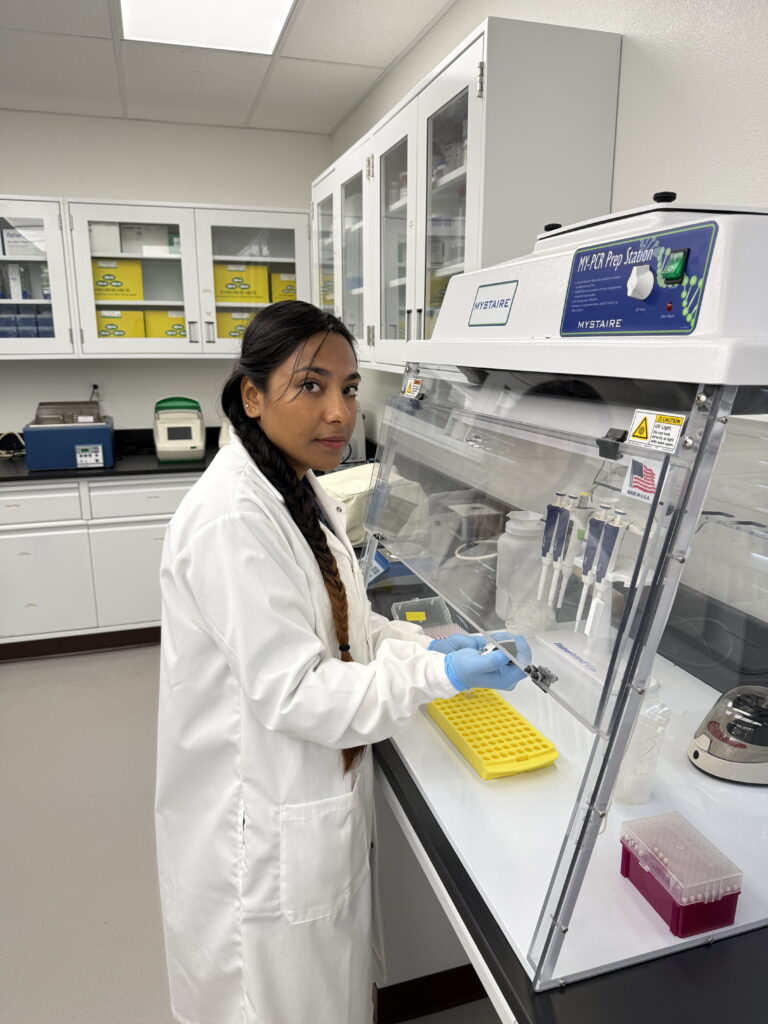The PI received two major honors spanning 2025–2026 in recognition of research excellence and scientific leadership.
In August 2025, Dr. Gadhave was named a Schroth Faces of the Future recipient and delivered an invited talk titled “Genomic, phylogenetic, and functional characterization of novel resistance-breaking Tomato spotted wilt virus strains” at Plant Health 2025 in Honolulu.
In January 2026, Dr. Gadhave received the Vice Chancellor’s Award for Excellence in Early Career Research from Texas A&M AgriLife during the AgriLife Connect event held on January 7, 2026.
The official press release announcing the award is available here:
https://agrilifetoday.tamu.edu/2026/01/07/texas-am-agrilife-vice-chancellors-awards-in-excellence-honor-faculty-staff/






